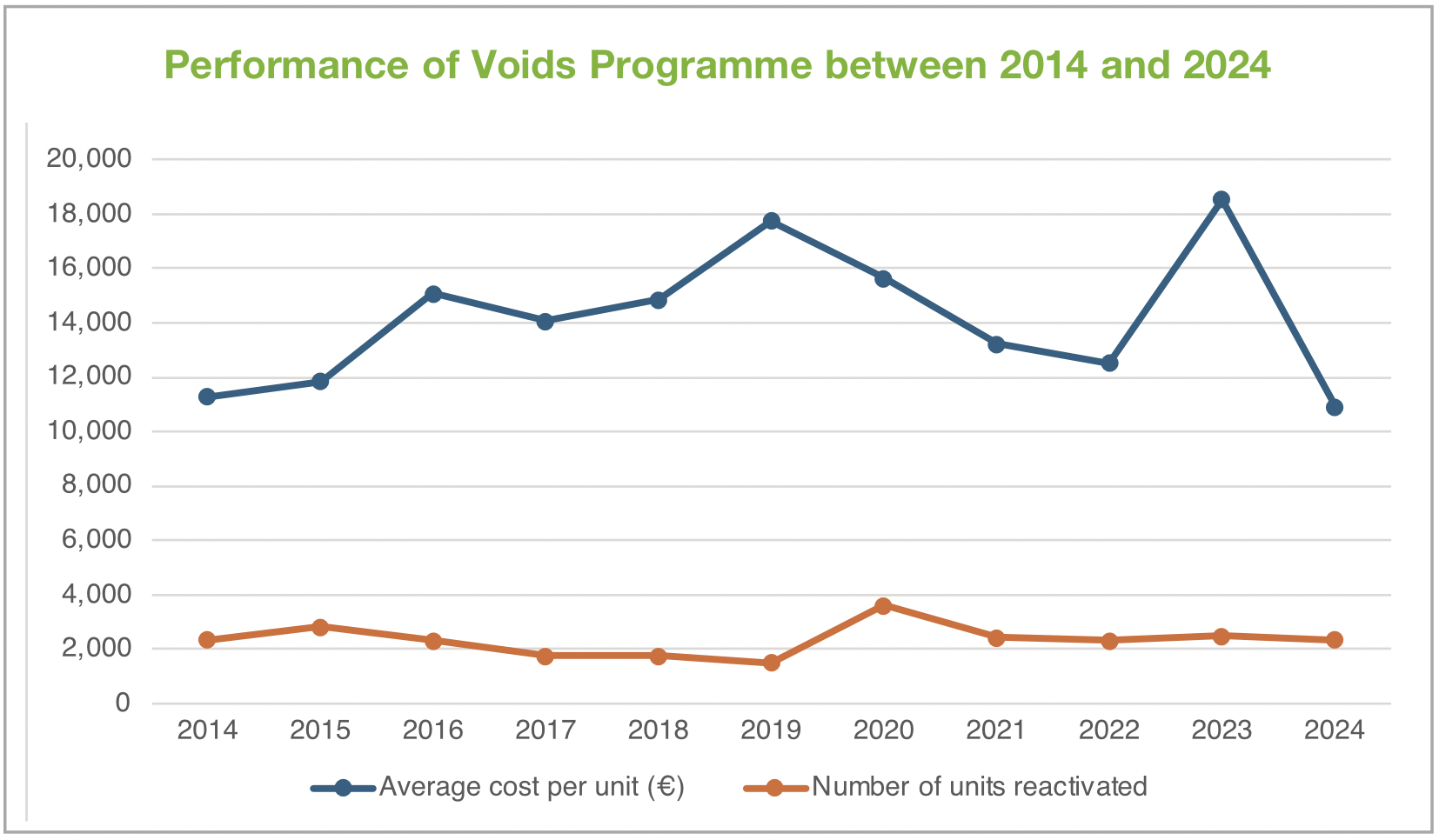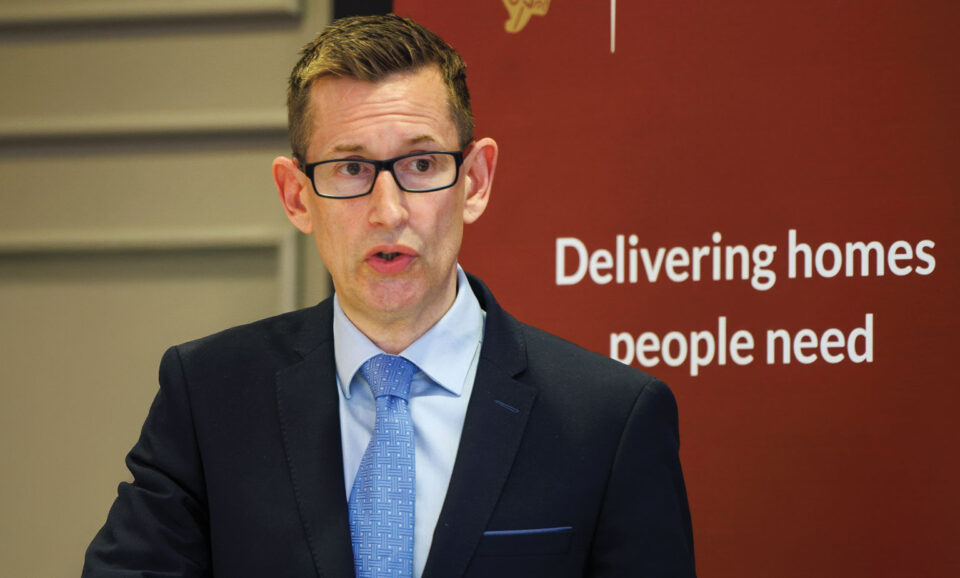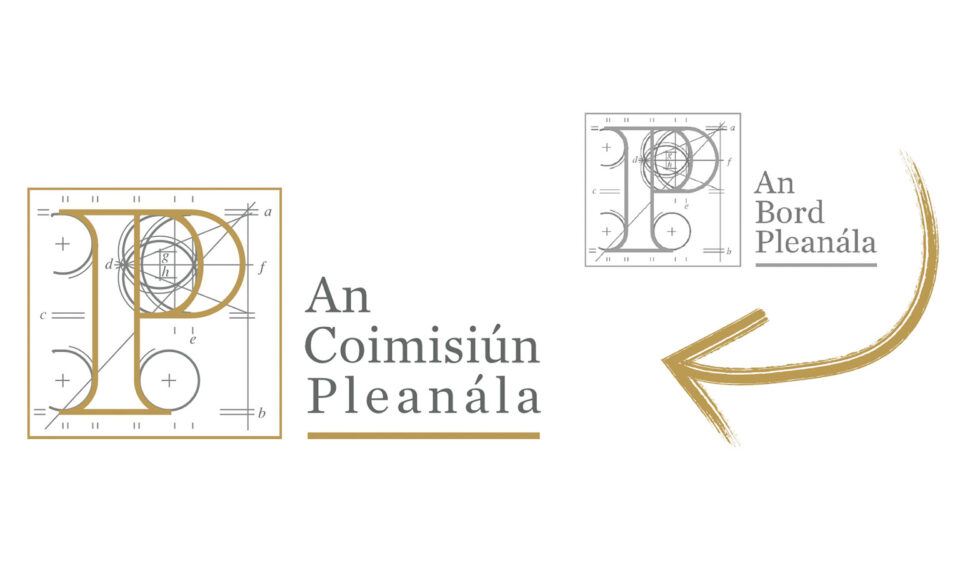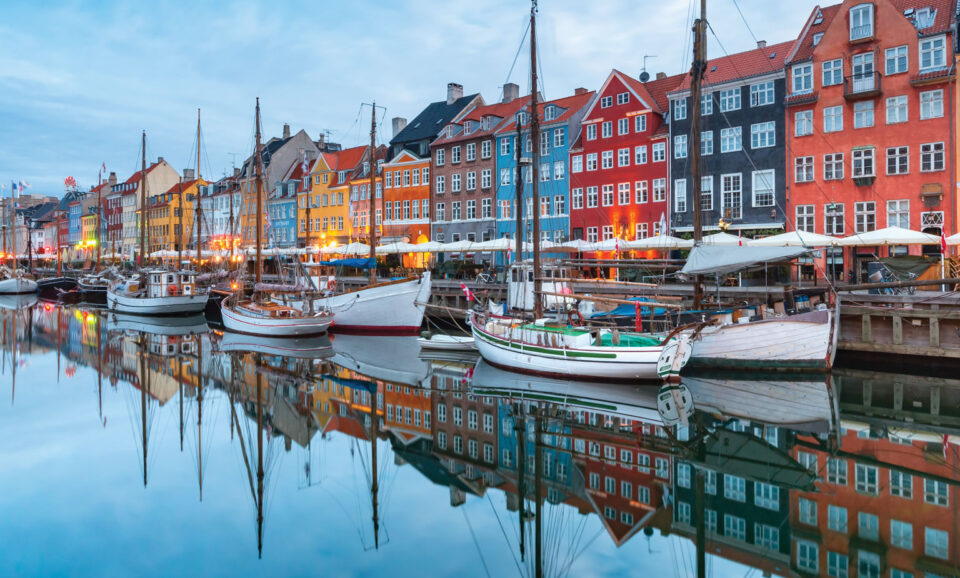
Breaking down barriers to support housing delivery
1st July 2025
Transforming underutilised land to create thriving new communities
1st July 2025Vacancy rate hits lowest level since 2013
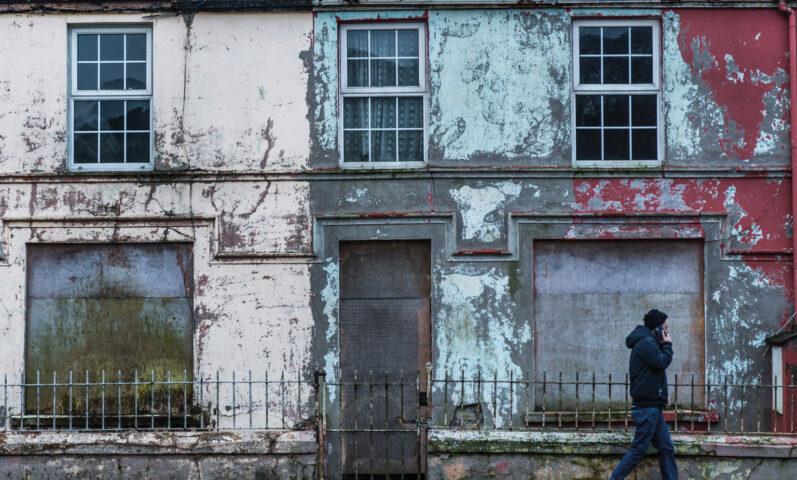
Despite the vacancy rate in the Republic hitting its lowest level since 2013 at 3.8 per cent, there remains 80,689 vacant residential dwellings in the State as outlined in the GeoDirectory Residential Buildings Report Q4 2024.
In early June 2025 a freedom of information request by Sinn Féin spokesperson on Urban Regeneration and Renewal, Planning, Public Realm and Local Government Thomas Gould TD also revealed that there are 2,749 vacant social homes in the State. Gould says over 750 of this number are “lying unused, boarded up, for over a year”, while more than 20 have been idle for longer than five years. Census 2022 found that there were 163,433 vacant properties in the State.
Approximately €25.9 million was spent to reactivate 2,375 vacant social homes under the Voids Programme in 2024, the Department of Housing, Local Government and Heritage announced in May 2025.
The average cost to activate a social home totalled €10,905 in 2024, 41 per cent lower than 2023 when this figure stood at €18,540 as the Government spent €46 million to reactivate 2,481 social homes. Between 2014 and 2024, a total of €361.7 million was spent to reactivate 25,672 social homes, an average cost of €14,089 per unit.
Vacant Homes Action Plan
A progress report on the Vacant Homes Action Plan 2023-26 was published in April 2025. It states that 1,297 properties have been approved for funding under the €150 million Urban Regeneration and Development Fund (URDF), aimed at facilitating regeneration and rejuvenation projects in cities and large towns in the State. The Department states that 4,853 residential units are expected to be approved for the URDF by 2030. In 2024, 11 new towns were added to the list of URDF eligible areas following a review of Census 2022 data.
Under new planning regulations, certain vacant commercial premises are exempt from requiring planning permission to change to residential use. By the end of 2023, 1,165 change of use planning notifications had been received from developers with the Department stating that this could result in the provision of 2,716 new homes.
In 2022, Exempted Development Planning Regulations were reviewed and extended. Former pubs are now included under the exemptions and the timeframe for exemptions was extended to apply up to the end of 2025. Local authorities received 267 exempted development proposals in 2023 which is expected to yield 650 dwellings. In 2022 and 2023, 92 notifications were received relating to pubs which is expected to yield 295 dwellings.
Up to Q3 2024, 55 homes were delivered under the Repair and Leasing Scheme, with 57 delivered under the Social Housing Investment Programme. The Department also points to the designation of 52 Town Centre First towns and the establishment of 72 new town teams as progress. A package of measures worth €4.5 million has been assigned for the policy which contains a key focus to address vacancy and dereliction.
The Department also asserts that increasing the Vacant Homes Tax from five to seven times a property’s base Local Property Tax liability is “providing a stronger disincentive to leaving a home lie vacant”.
The report also outlines progress made on the Vacant Property Refurbishment Grant, however the most up to date data on the grant was published by the Department in May 2025. Over €112 million has been paid out to 2,096 applicants through the grant since its establishment in 2022. A total of 12,404 applications have been filed with the Department under the scheme with 8,652 approved up to 31 March 2025.
The European Regional Development Fund (ERDF) THRIVE scheme is also being used to address dereliction. It is delivered through two strands, one is for integrated urban strategies and project pipeline development. The other is for the renovation and adaptive reuse of vacant or derelict heritage buildings in public control or ownership. In May 2024, 26 local authorities were provided €5 million under strand one, while five urban centres were provided €32 million under strand two in August 2024.
The Department of Housing launched a Compulsory Purchase Order Activation Programme in April 2023 which aims to enable local authorities “to actively use their legislative powers to compulsorily acquire vacant and derelict properties”. All 31 local authorities also now have a full-time vacant homes officer position since 2023.
The State Lands and Property Subgroup has identified 34 sites with potential for housing development in the existing property portfolios of all government departments. At the end of 2024, 10 sites were still under review, 16 were deemed unavailable, and eight were deemed unsuitable or not required.
In July 2024, regulations were introduced in line with section nine of the Local Government Rates and other Matters Act 2019 with the aim to enable local authorities to offer rates-based incentives for conversion of suitable vacant commercial properties to residential use.
The Government has approved the Short-Term Letting and Tourism Bill to establish regulatory controls for holiday and short-term lets. It includes the creation of a register for all short-term letting properties. In April 2024, the EU also adopted the Short-Term Rental Regulation and it will come into effect in May 2026.
Minister for Housing James Browne TD says: “I am currently pulling every lever to reactivate vacant properties. Under my direction, the Department is acting quickly to bring vacant social housing back into use across towns and villages, which is critical to help ease pressure on the existing housing stock, boost supply, and ultimately to provide much-needed homes.”

